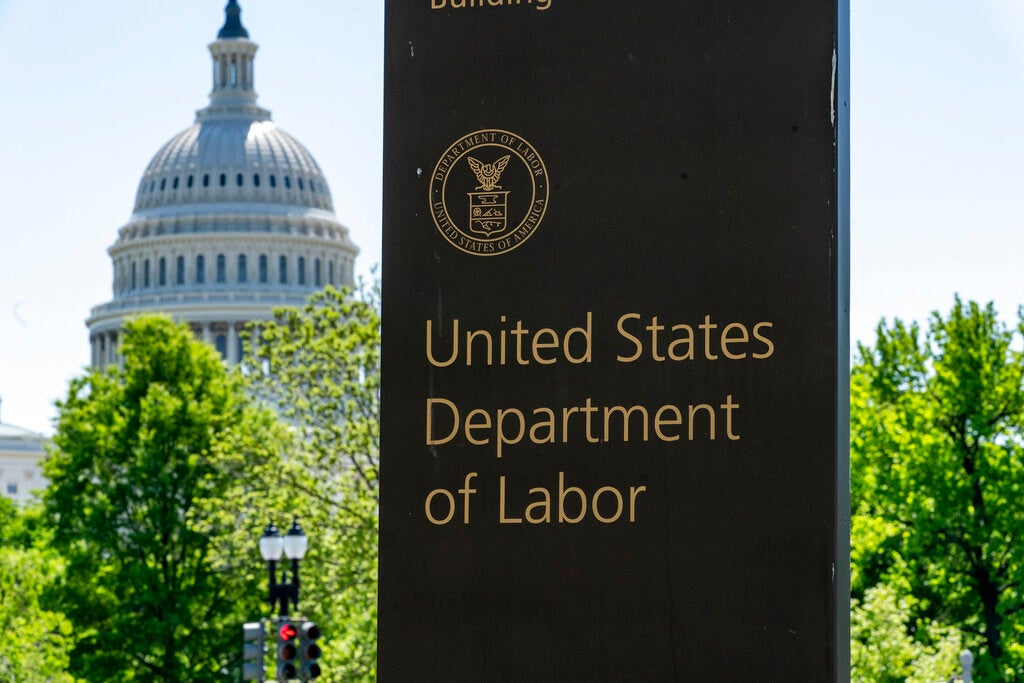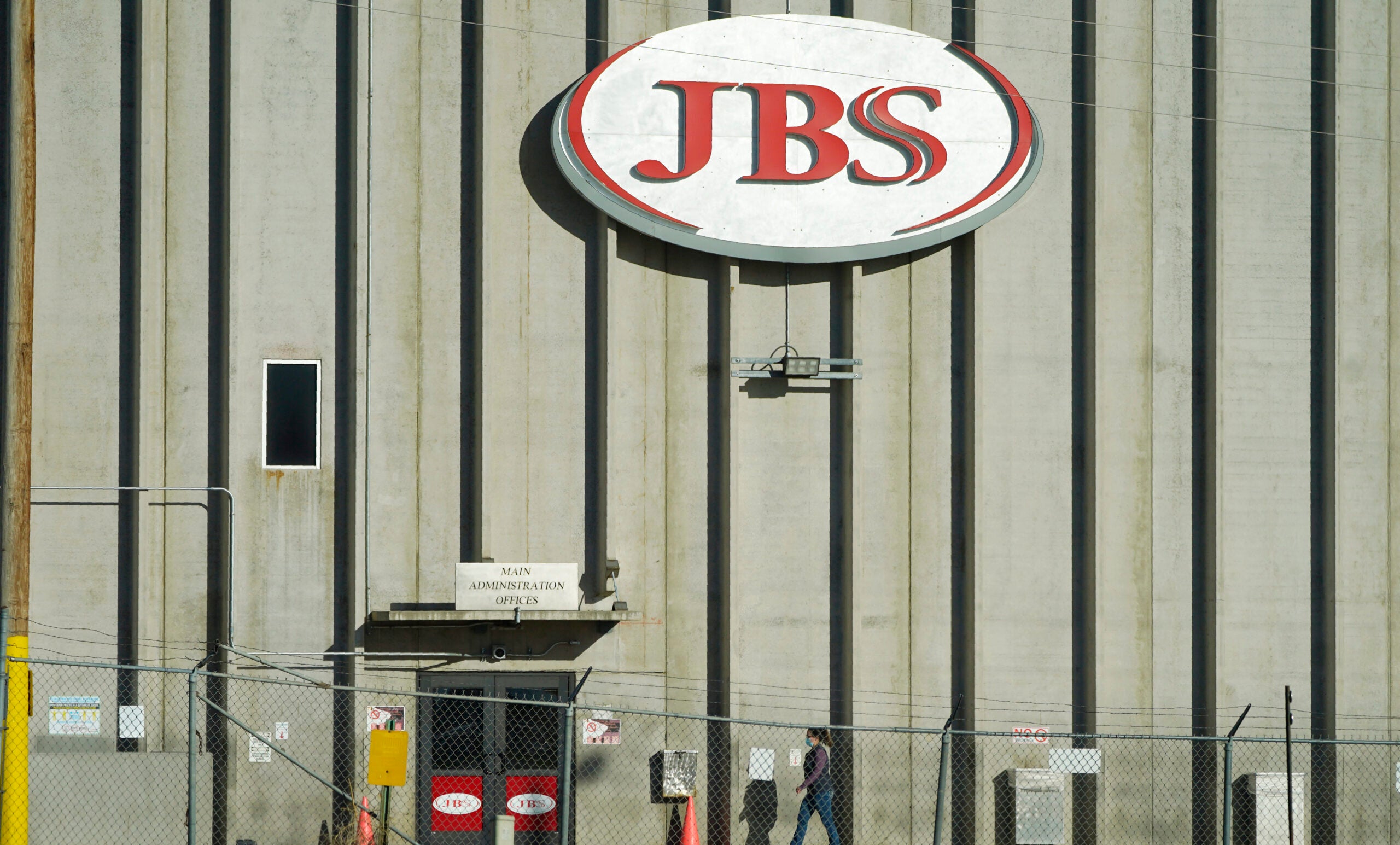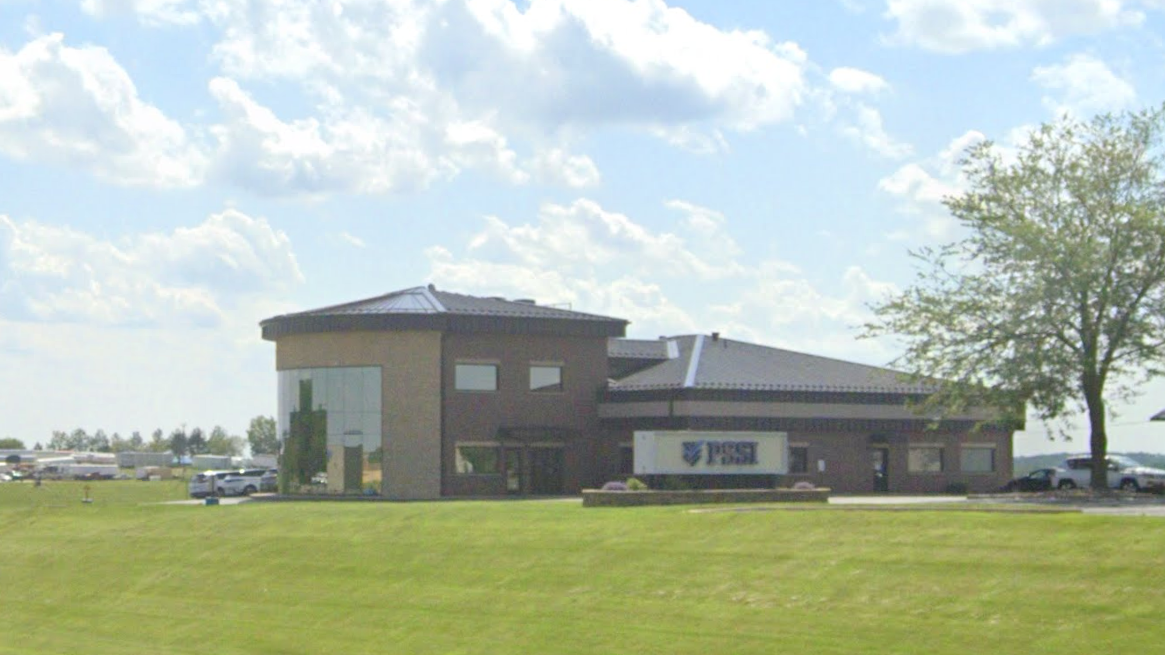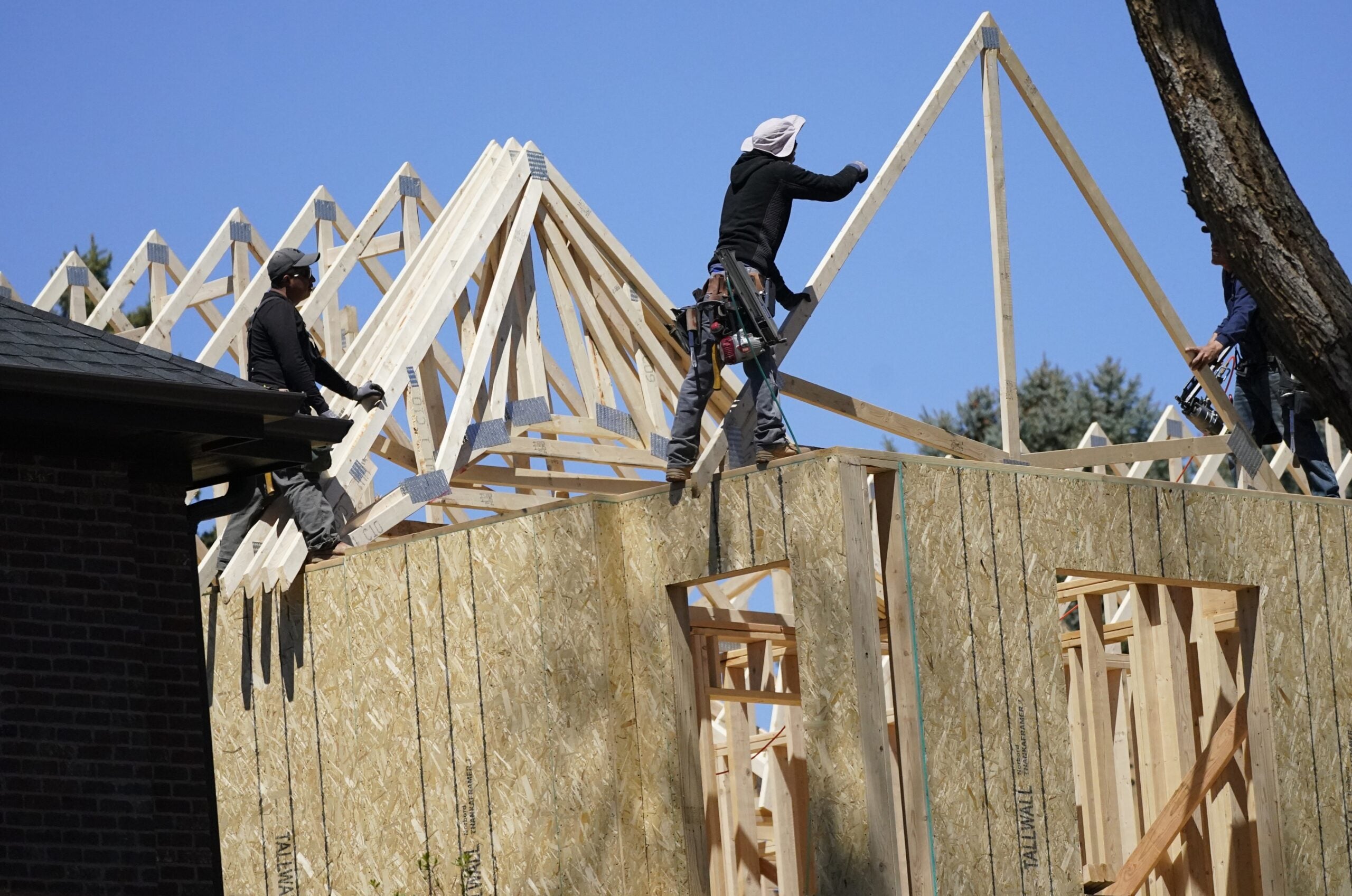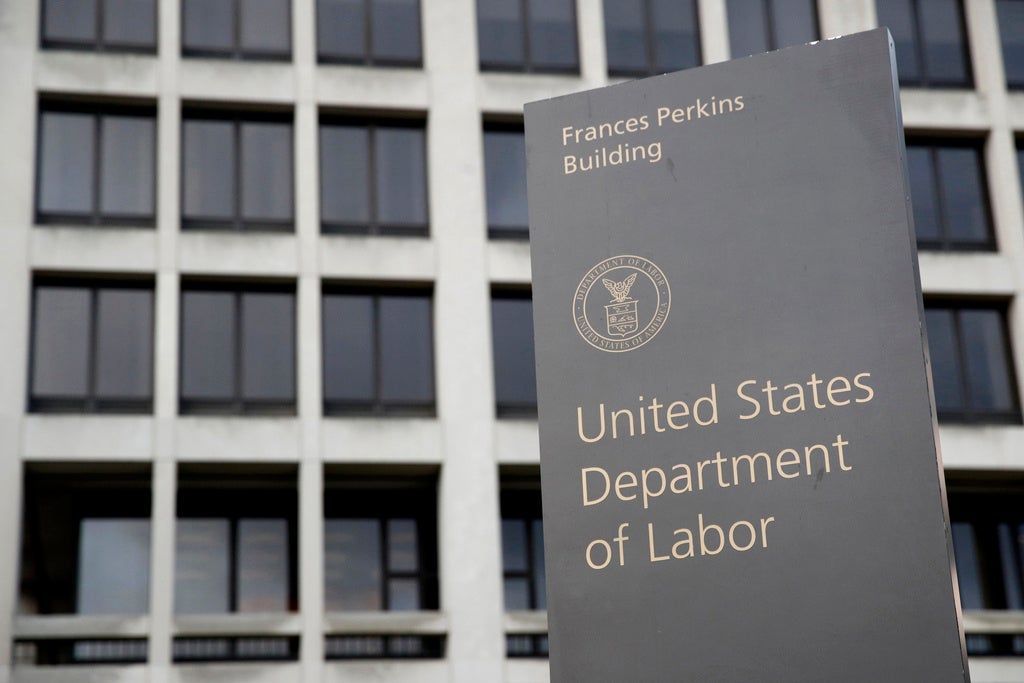A northern Wisconsin sawmill will pay nearly $200,000 in fines and must take steps to comply with child labor laws after a 16-year-old boy was fatally injured working there this summer, according to the U.S. Department of Labor.
The department secured a federal court order against Florence Hardwoods following its investigation into the accident that caused the death of teenager Michael Schuls. According to the Associated Press, Schuls was injured when he was pinned in a wood-stacking machine on June 29. He died in the hospital two days later.
“Florence Hardwoods risked the life of a child by allowing him to operate dangerous equipment in violation of federal child labor laws, and now family, friends and co-workers are left to grieve,” U.S. Solicitor of Labor Seema Nanda said in a statement. “The Solicitor’s office will use all legal tools available to combat child labor, including placing pressure on supply chains to hold their suppliers accountable.”
Stay informed on the latest news
Sign up for WPR’s email newsletter.
Officials found that at least three other children aged 15 and 16 were injured working for Florence Hardwoods between November 2021 and March 2023 — one of those children was injured on two separate occasions. They also found the company employed nine underage workers between the ages of 14 and 17 who were illegally allowed to operate machinery. Seven were allowed to work outside legally permitted hours.
The court order requires Florence Hardwoods to use signage to prevent minors from using dangerous equipment or entering the sawmill and planer buildings. The company also will not hire anyone under 16, and must inform the labor department if it hires anyone between 16 and 18, the department said.
In a statement, Acting U.S. Secretary of Labor Julie Su said the case illustrates the importance of following child labor laws.
“Any death of a child is too many,” she said. “That’s why our Wage and Hour Division and Solicitor’s Office took immediate steps to prevent the sale of ‘hot goods’ and to hold the company accountable for allowing children to perform hazardous and, in this case, deadly jobs. Illegal child labor is a stain on this country and will not be tolerated by this administration or this department.”
Federal law prohibits companies from shipping products — known as “hot goods” — in the 30 days after a child labor violation. The Labor Department said it notified two of Florence Hardwoods’ customers that they possessed possible hot goods. Both agreed not to deliver those products until legal matters were resolved, the department said. After the company agreed to pay $190,696 in penalties and following the court order, the labor department said it lifted its objection to shipment of the goods.
According to federal officials, Florence Hardwoods terminated all employees under 18 the day after Schuls’ death, and the court verified that the company no longer employs anyone younger than 18.
The company said in a statement that it fully cooperated with the Labor Department’s investigation and “did not knowingly or intentionally violate labor laws.” Florence Hardwoods says it has accepted the investigation’s findings and associated penalties, as well as made changes to prevent future violations. That includes agreeing to no longer hire minors to work at the facility, the statement said.
“As a small company, employees are like family, and the death of Michael Schuls was devastating,” Florence Hardwoods said. “We are only able to move forward thanks to the love and support of our workforce and the community. Michael will forever be in our hearts and his family in our prayers.”
In a statement, Principal Deputy Wage and Hour Administrator Jessica Looman said Florence Hardwoods jeopardized the safety of children by allowing them to work dangerous jobs.
“Let this case be a warning to employers: the department is using all of its resources to combat the illegal employment of children,” Looman said.
The investigation into Florence Hardwoods came during a push over the last two years to loosen regulations governing what jobs minors can perform in the workplace. Lawmakers in 14 states — including Wisconsin — have proposed rolling back child labor laws, according to the nonprofit Economic Policy Institute.
State officials said child labor complaints more than quadrupled from 2018 to 2022. The Wisconsin Department of Workforce Development’s Equal Rights Division received 18 minor employment complaints in 2018 and 86 complaints last year, a spokesperson said in March.
Over the same period, the U.S. Labor Department says it’s seen a 69 percent increase nationally in cases of children being illegally employed. The number of federal child labor violations in Wisconsin has ebbed and flowed since 2018, according to the department’s Wage and Hour Division. The Labor Department identified 64 violations in 2018, 157 in 2019, 69 in 2020, 113 in 2021 and 92 in 2022.
In February, a Wisconsin-based sanitation company was fined $1.5 million for employing more than 100 children who federal investigators said were working in dangerous conditions cleaning meat packing plants.
Kristin Tout, a district director for the Department of Labor, said the department will continue to “rigorously investigate” child labor violations at the federal level to stop companies from profiting off illegal child labor, regardless of changes at the state level. That’s why the federal government created an Interagency Task Force To Combat Child Labor Exploitation earlier this year, she said.
“We’re fully committed to using all of these tools and resources within the purview of each agency to stop the exploitation of young people in workplaces all across the country, and focusing as well on improving cross-training, outreach and education and health outcomes for children that could be subjected to child labor,” Tout said. “It is everyone’s responsibility to ensure children are protected. That’s really what the interagency task force is committed to doing.”
Wisconsin Public Radio, © Copyright 2025, Board of Regents of the University of Wisconsin System and Wisconsin Educational Communications Board.
